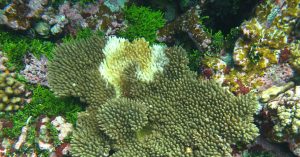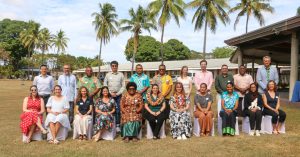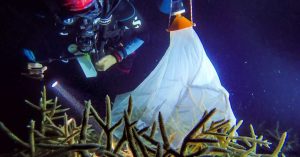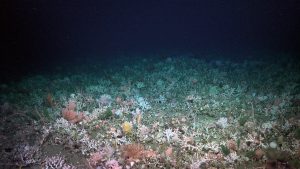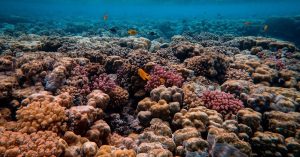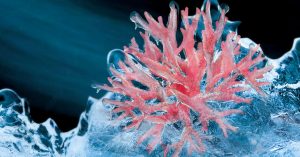Coral Innovation Search
Responding to the Coral Crisis
Coral reefs are vital to ocean health and human wellbeing, supporting over a quarter of all marine species, sustaining the livelihoods of more than one billion people, and contributing an estimated US$2.7 trillion annually through tourism, fisheries, medical research, and coastal protection.
But these ecosystems are in peril. Intensifying marine heatwaves, rising ocean temperatures, and mounting human pressures have triggered a global coral crisis. Over the past 18 months, we’ve witnessed unprecedented coral bleaching and mass mortality, an alarming acceleration of a decline once projected for the future.
The ocean is sending a clear SOS. We urgently need effective, scalable, affordable solutions in order to secure a future for corals and reefs.
Call to action: We call on coral innovators and all those who support and champion their work to share their solutions with CORDAP and The Earthshot Prize. Innovators are invited to put themselves forward for consideration for support and funding, by completing the short form.
Why get involved:
The Earthshot Prize was designed to find and grow the solutions that will repair our planet this decade. Each year, the spotlight shines on 15 Finalists who are able to also tap into the connections of the Earthshot Prize network. 5 winners receive £1m each to support their growth. Also, the Prize is a movement which celebrates nominees beyond the finalists via high-profile communications channels, and introduces nominees to investors through the Launchpad platform. Becoming a nominee to The Earthshot Prize opens up many possibilities for catalytic support to speed solutions to scale.
The Coral Research & Development Accelerator Platform (G20 CORDAP) unites the world to accelerate global coral research and development to provide the technologies and innovations needed to safeguard the future of corals and reefs in a deteriorating ocean, to preserve the benefits they provide for the environment and humanity. We champion open-access knowledge and technologies that serve all coral reef communities. Our model actively fosters inclusive global participation, with a strong emphasis on empowering low- and middle-income nations.
How:
Please complete this form by 31st July 2025. This form takes 30-40 minutes to complete – an investment of time that could unlock transformative connections, spotlighting and investment.
Who:
The Earthshot Prize and G20 CORDAP deliberately seeks innovators from across society. We welcome innovators in the private sector, not for profit, or public sector. We believe innovation is more likely to succeed if it is inclusive of all backgrounds and involves people most affected by the issue. Innovations must be aspiring to have significant benefit in tackling the coral crisis and their work, when fully developed, could be scaled or replicated widely.
Frequently Asked Questions (FAQ)
CORDAP Awards
News & Events
Your contribution can fast-track research and development solutions to save the corals.
Image: Qui Nguyen

